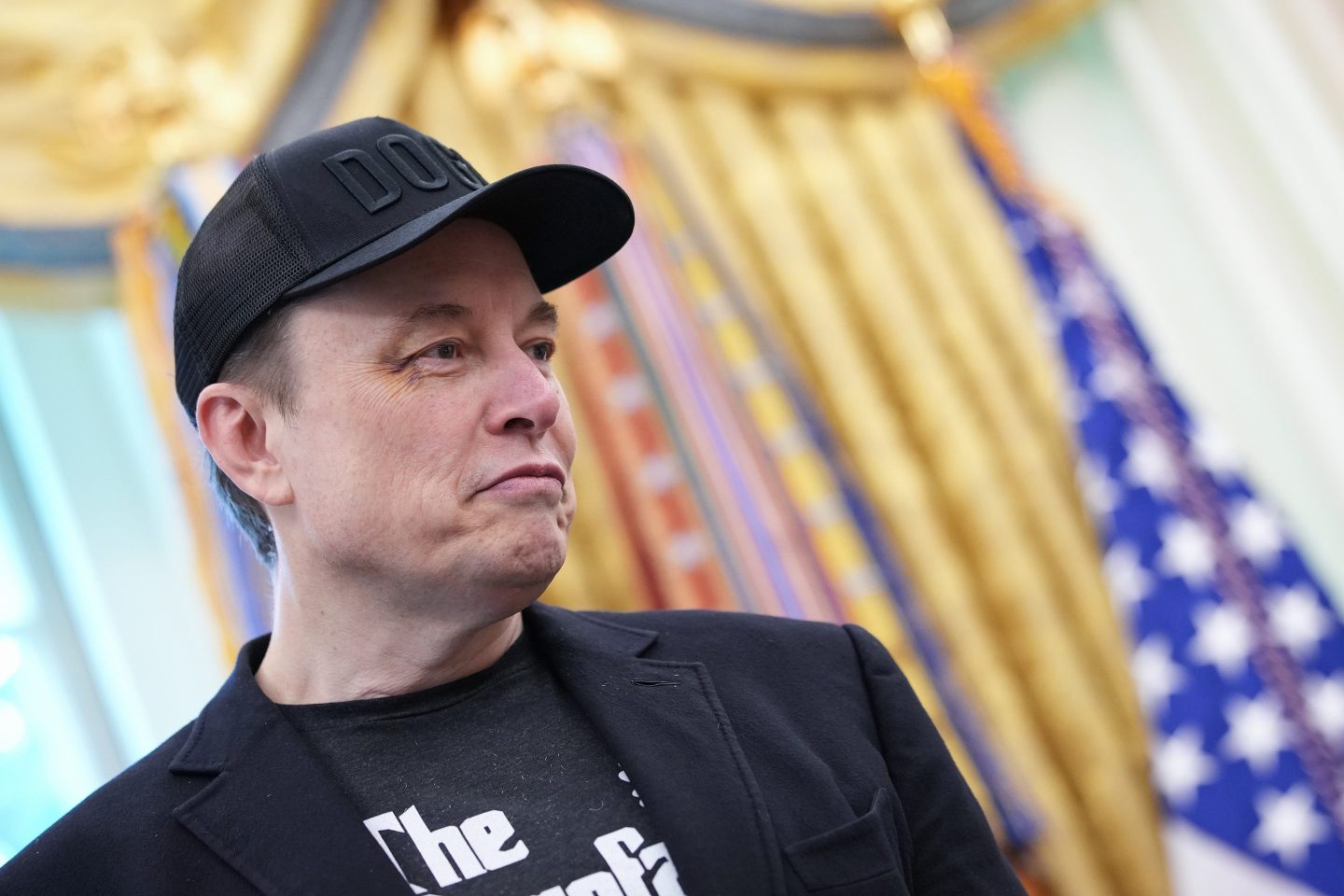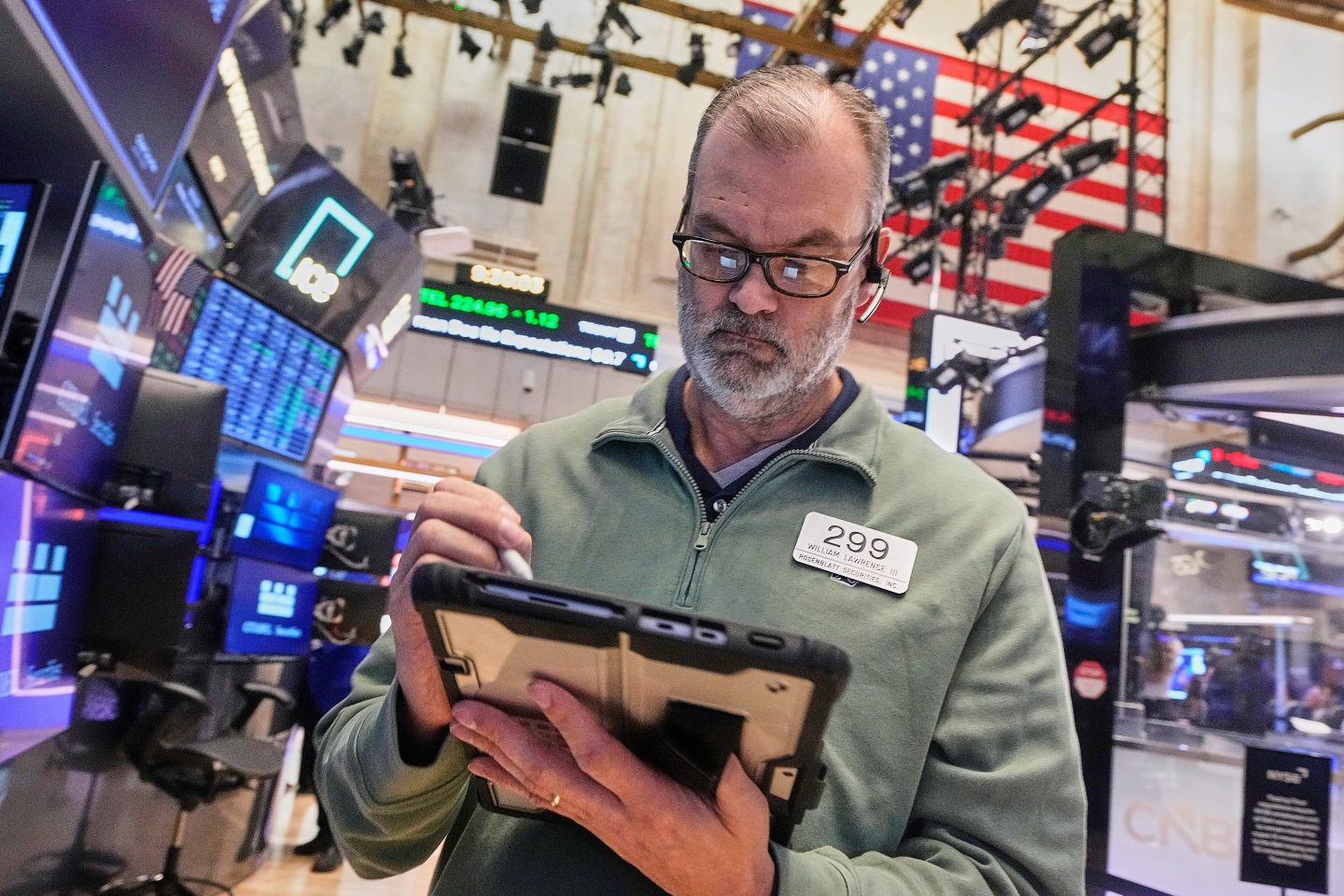Tesla Inc. Shareholders are being urged by proxy adviser Institutional Shareholder Services to vote against Chief Executive Officer Elon Musk’s $1 trillion compensation plan, adding a potential obstacle as the board works to rally investor support.
This marks the second year in a row that ISS urged shareholders to vote against a pay package for Musk.
Musk oversees an overlapping empire of five companies: Tesla, SpaceX, xAI, Neuralink and the Boring Company.
“Although one of the main reasons for this award is to retain Musk and keep his time and attention on Tesla instead of his other business ventures, there are no explicit requirements to ensure that this will be the case,” ISS wrote in the report, which was part of broader voting guidance it issued Friday. The proxy firm cited “unmitigated concerns” with the plan’s magnitude and design.
Tesla pushed back in a post on X that urged shareholders to vote in line with the company’s recommendations.
“ISS once again completely misses fundamental points of investing and governance,” the automaker said.
“It’s easy for ISS to tell others how to vote when they have nothing on the line.”
In September, Tesla’s board proposed the long-awaited and unprecedented compensation package, designed to incentivize Musk to remain engaged with Tesla over the next decade. To unlock the full payout and additional voting control, Musk will need to reach a number of ambitious goals, including growing the company’s market value to at least $8.5 trillion and expanding its car, robotics and robotaxi businesses.
The additional shares Musk could receive would push his holdings in the electric-vehicle maker to at least 25%, according to the terms detailed in a proxy filing.
Musk has threatened to build products outside of Tesla if he can’t increase his equity holdings in the company, a key element of the latest compensation plan. While he remains Tesla’s largest shareholder, he sold a significant portion of his stock to fund his acquisition of Twitter. The social-media platform, which he renamed X, was acquired by Musk’s xAI earlier this year.
Shareholders will vote on the package at Tesla’s annual shareholders meeting, set for Nov. 6.
ISS and other proxy firms often have sway over shareholders, and particularly large institutions that hold stock in passive funds. But ISS and fellow proxy firm Glass Lewis both recommended shareholders reject Musk’s 2018 pay deal, and about three-quarters of investors still supported the package.
In 2024, a Delaware judge struck down that plan after finding Musk had undue influence over the process and the board had conflicts of interest. Musk later cited the pay dispute as part of the reason why Tesla shifted its corporate home to Texas from Delaware.
The pay package, which fluctuates in value based on the stock price and is currently worth more than $100 billion, was put to an advisory vote last year. Investors, who ultimately approved the measure, were asked to vote on the matter a second time at Tesla’s annual shareholders meeting to demonstrate their backing for the plan.
Tesla’s board granted Musk an interim award in August valued at about $30 billion designed to partially replace the payment. The award would be forfeited in the event that Musk’s original pay package is reinstated.
Musk and Tesla resumed their legal fight to appeal the ruling, this time before the Delaware Supreme Court on Oct. 15.
Tesla’s board chair Robyn Denholm insisted no one but Musk can run the company in a September interview with Bloomberg.
ISS recommended against awarding Musk backpay he would have gotten under the 2018 plan.
The group also urged shareholders to reject a proposal for Tesla to invest in Musk’s artificial intelligence company, xAI. Musk previously discussed the idea on an earnings call and in social media posts.
“This is a highly unusual proposal both in terms of the request itself and the way it came to be on the ballot (after CEO Musk reportedly encouraged shareholders to submit proposals on this topic),” ISS wrote.
After ISS issued its recommendations Friday, Tesla promoted a video on X aimed at rallying shareholder support for the pay proposal.












